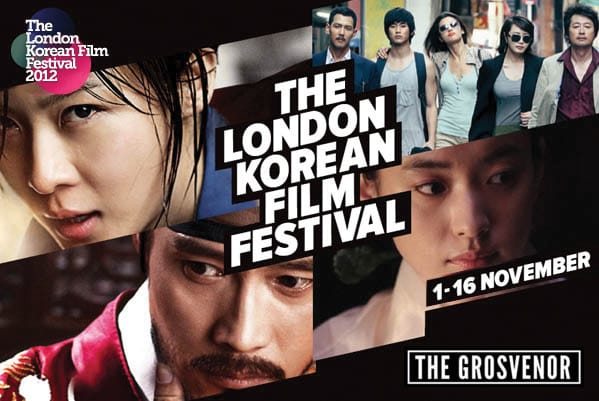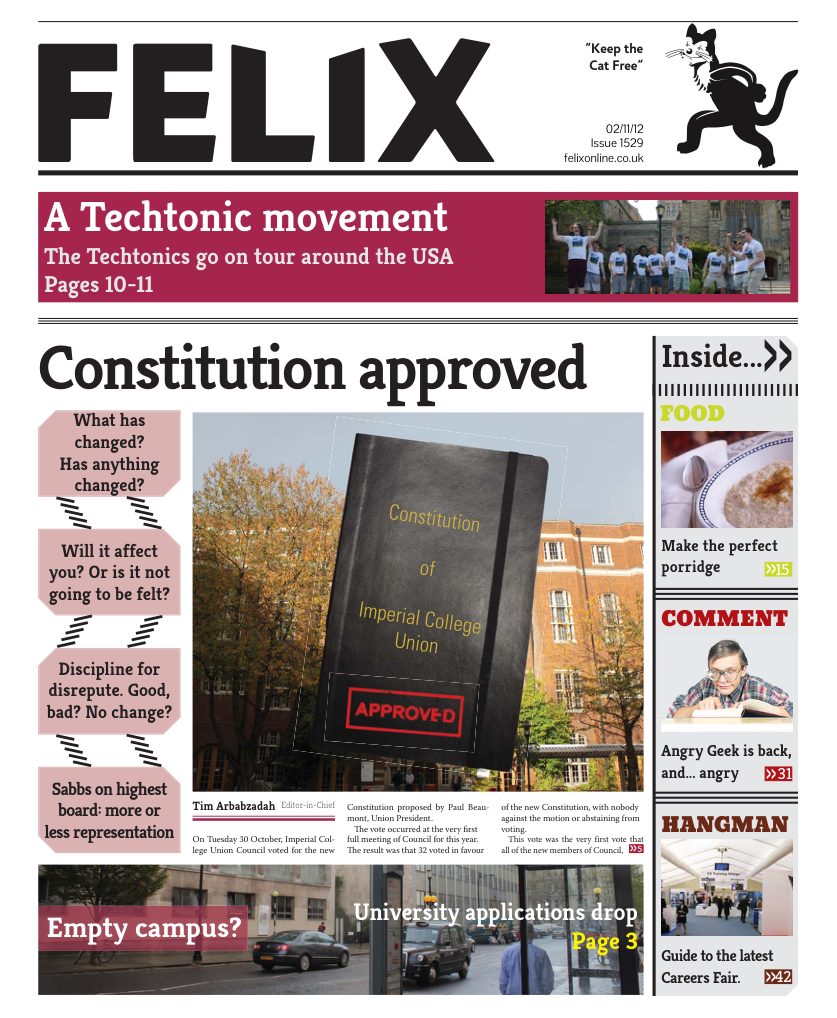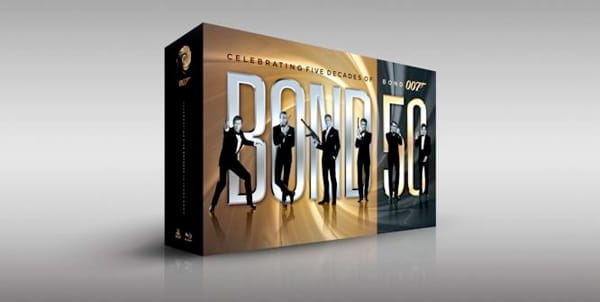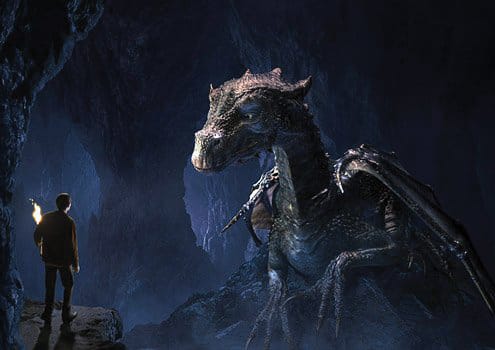2012 London Korean Film Festival
John Park checks out the latest offerings from Korea

Yes, I’m Korean. My surname is Park. That automatically means I’m Korean. And so I watch Korean films. Not exactly the most accessible to western audiences or appealing I’m sure, but slowly there have been growing interestsin Asian cinema and noticeably films from Korea have caught the attention of various prestigious festivals and prizes.
The London Korean Film Festival, currently in its 7th year, hopes to celebrate the latest break-out hits from the east with a wider viewership, and has put together a 10-day programme (whilst also further extending its duration by taking the festival to Glasgow and Bristol) of excellent choices full of variety and plenty to offer.
Thieves
Currently the second highest grossing Korean film of all time in its native country, this star-studded spectacle (Kim Yun-seok, Kim Hye-soo, Lee Jung-jae and Gianna Jun are all considered top stars) serves as the Opening Night Gala followed by a Q&A session. After offered a job in Macao, five of Korea’s most successful, ambitious thieves team up with an equally competent Chinese crew to undertake their most challenging heist of their careers: stealing a diamond worth over $20 million. Let the thrilling back-stabbing and double-crossing begin.
Masquerade
Only seven Korean films have had the honour of crossing that must coveted line of 10,000,000 ticket admissions in South Korea, and the latest to break that barrier is this year’s Closing Night Gala. South Korea is well known for its lavish, big-scale period pieces dealing with the shady, murky backdrops of dynasty palaces. Here we have the paranoid and insane King Gwanghae (Lee Byung-hun of G.I.Joe) who after a failed assassination attempt falls into a coma. The King’s double is placed on the throne, although the sudden shift in behaviour raises suspicion from the King’s opposition.
Dancing Queen
It’s a film that shows what an all-round entertainer Uhm Jung-hwa is. With a career spanning almost two decades now, this singer/actress/dancer/performer has done it all, and shows off her polished skills in her latest film. As a housewife facing that scary age of 40, Jung-hwa fantasises of once again jumping into the spotlight of a concert stage, an unfulfilled ambition she had to give up in her youth when she married her dim but dedicated husband, Jeong-min. A chance of a lifetime is offered, although the only trouble is, her husband, a down-to-earth and honest lawyer, is being groomed to enter the political circles of Seoul; and having a singing/dancing politician’s wife is very much frowned upon. An easy-going mix of comedy, drama and satirical portrayals of the Korean pop culture as well as its political games, here is a touching, oftentimes funny and somewhat inspiring film that tells us we’re never too young to pursue our dreams.
Eungyo
An intense story of lust, obsession and jealousy, it starts off with an intriguing premise: a 70-year-old, highly respected and successful poet and author (Park Hae-il) and his keen but not exactly gifted apprentice/butler (Kim Moo-yeul) one day stumble across a 17-year-old female high-school student Eun-gyo (Kim Go-eun), and face difficultlies in their already rocky relationship. It’s about odd people doing odd things which does provide some odd fascination in its frustratingly slow telling of a potentially powerful story. Hae-il, who himself is only 35 years old, never quite convinces in the scenes where he is supposed to be the seasoned, intelligent and deep-thinking professor. Excelling in her debut performance however is Go-eun, who perfectly captures the essence of these two men’s contrasting, but equally potent, desires. It’s essentially a love-triangle of mixed, complex intentions, and the outcome is an inevitably dense and depressing one.
Gabi
After his wife, Empress Myeongseong, is brutally slain by the Japanese, King Gojong flees to the Russian consulate and ends up with a taste for coffee, and sets his eyes firmly on his personal barista who has the uncanny ability to brew the new and mysterious drink from the west he’s captivated by. But barista Tanya (Kim So-yeon) is in fact a coerced pawn in a far sinister scheme hatched by a Japanese socialite, Sadako (Yoo Sun). Her intimate relationship with the King is to be used as her advantage here and her lover Ilyich (Joo Jin-mo) also fits in in this widely convoluted, tonally confused period drama that can’t quite make up its mind about the story it wants to tell. There are no thrills, very little passion, which is why even the impressively mounted climax does very little to move. Plus this must be the worst, most poorly decorated and designed film that tries but fails to show a very intricate feel of 19th Century Korea.
Deranged
There most certainly is something in the water – citizens of Korea start dying mysteriously. First they start eating lots. Then drinking lots. Then they die. Quite daringly for a health disaster film like this, the director gives away plenty of answers in the first half. But it’s only because this film has a lot more to tell. Focusing mainly on a single family, the story is mostly set around Jae-hyuk (Kim Myung-min) a lowly cubical worker in a pharmaceutical company, and his struggle against the clock and eventually, deadly conspiracy, to save his family who are showing the early symptoms of the condition. It’s incredibly fast-paced, with brief but adequate bouts of scientific jargon/explanation driving the plot forward. The less you question the teeny tiny details and nitpick, the more you’ll enjoy this tightly structured, solid effort that wants to be the South Korean version of Contagion.
Black Eagle (R2B: Return to Base)
K-Pop superstar Rain (a.k.a Jung Ji-hoon) continues his career on the big screen as he takes over more or less the same role Tom Cruise immortalised almost 30 years ago. As a hot-shot fighter pilot who likes to show off, Tae-hun (Ji-hoon) gets into a lot of trouble for making some dangerous choices. The first-half is spent on character building as well as off-beat, farce humour, whilst also finding time for romance. The final segments concentrate on a surprise attack North Korea inflicts on the South, and a missing pilot who needs to be rescued. Shamelessly patriotic, naively simple, there is a lot of cheese in its awkward dialogue, and hardly any tension builds whilst the bad coup d’etat soldiers in the North start planning something malicious, but the action sequences are top-notch, filmed incredibly with high octane energy over the many tall buildings of Seoul , as large powerful aircrafts narrowly avoid disaster on many occasions.
As One Korea
In order to beat China, the dominant sports team when it comes to table tennis, the two Koreas decide to unify their two national teams and take on their biggest nemesis in the 41st World Table Tennis Championships in 1991. Of course, this idea does not go down well with the players, as there are obvious culture clashes, personality differences and social divide. And yet a special bond forms as time goes by, and they realise ultimately the only thing setting them apart is the big military line dividing the two countries. The scenes showing the various table tennis matches are sensational, as each grunt, each bounce, each serve and each smash is captured with so much convincing energy. And in the more human aspects of the film, the two lead actresses (Ha Ji-won, Bae Doo-na) give it their absolute all, and succeed in creating a powerful finale. Lots of difficult subjects are glossed over, but as a sugary sweet, feel-good sports film, it’s truly smashing.








